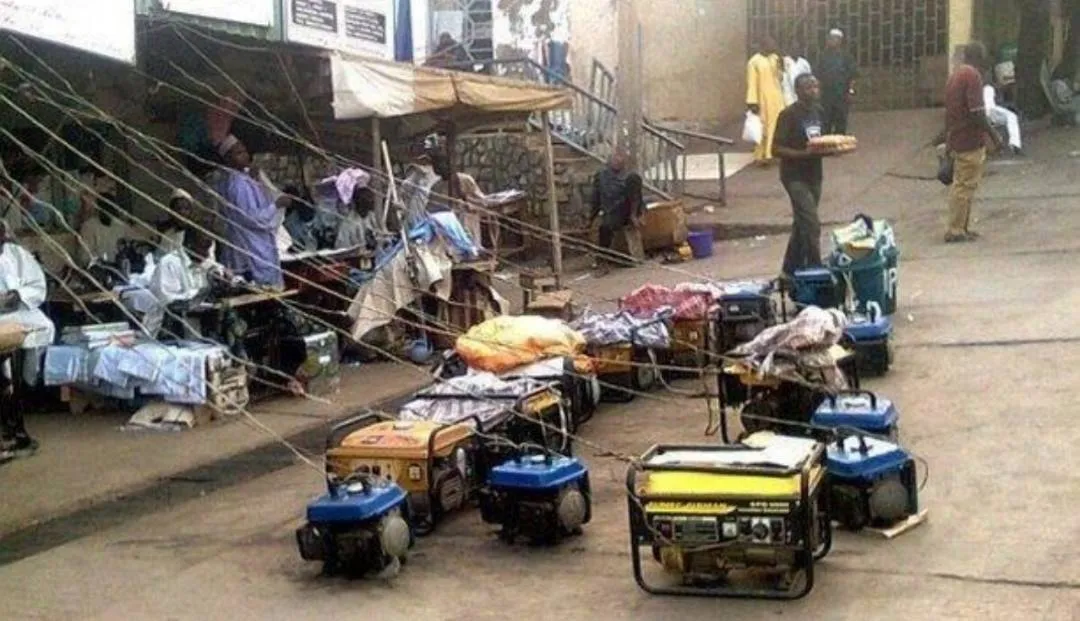We need more power and we need it immediately, in Nigeria we would need about $15.6billion to provide stable electricity in the country as stated by the President of the Nigerian Association for Energy Economics (NAEE), Prof. Wumi Iledare. I think not, Nigeria is plagued with deep seeded roots in corruption largely due to the poor economical management of our government meaning that this fund may not prove beneficial and now that technological advancement like solar cells have come thus making life a lot easier for the people and driving economical activities as we know electricity is what does this the Nigerian customs service came to impose 5-10 percent import duty on solar panels an action largely agreed is terrible I believe that instead of having a centralized inefficient energy system like we have now, a distributed system could be much more effective and solar panels would be the best way to go about this, take for instance the $15.6billion was used to aid the Nigerian solar industry...people could buy solar panels on loans and sell the excess energy back to the grid and from there supply those that may not be able to afford panels which sadly is a huge number of the Nigerian population Decentralization is undoubtedly the way forward for future societies.
 Right now Nigerians use loud gasoline generators are used to mitigate the energy deficiencies causing noise and air pollution in the process solar panels are undoubtedly the way to move forward one would then wonder why exactly the Nigerian custom services is trying to achieve
Right now Nigerians use loud gasoline generators are used to mitigate the energy deficiencies causing noise and air pollution in the process solar panels are undoubtedly the way to move forward one would then wonder why exactly the Nigerian custom services is trying to achieve
Speaking at a press conference in Lagos Wednesday, Segun Adaju, President of REAN, said there was no justification for the duty on the strength that under the CET code 8541.4010.00 – a classification for import duty tariff – import duty on solar panels should be zero per cent. Mr. Adaju said discharge of goods from the ports has been slowed down immensely and demurrage charges have risen for his members since the beginning of the year. He explained that this development would affect Nigeria’s quest to improve the ease of doing business and deepen energy access for people with inadequate access to power. As concerned Nigerians and sector participants, the members of REAN have answered the National call by providing solutions to the country’s epileptic power situation and our members currently provide over 10,000 direct & indirect jobs to the Nigerian economy. This is apart from the other benefits like increased disposable incomes, improved environmental conditions (like reduced noise and air pollution due to displacement of diesel generators). The imposition of arbitrary port charges will accelerate value destruction within this industry and will cause prices to rise to uncompetitive levels. All over the world, the cost of solar panels is falling leading to increased adoption of renewables. Paris-based International Energy Association said that renewables accounted for almost two-thirds of net new power capacity around the world in 2016, with almost 165 gigawatts (GW) coming online boosted by solar.”
stating that the duty is counterproductive, the REAN president said the country stands to lose out on the development because Nigeria currently does not have capacity to manufacture solar panels but does limited assembly in volumes that cannot meet market demand hence its recourse to importation while growing capacity locally.